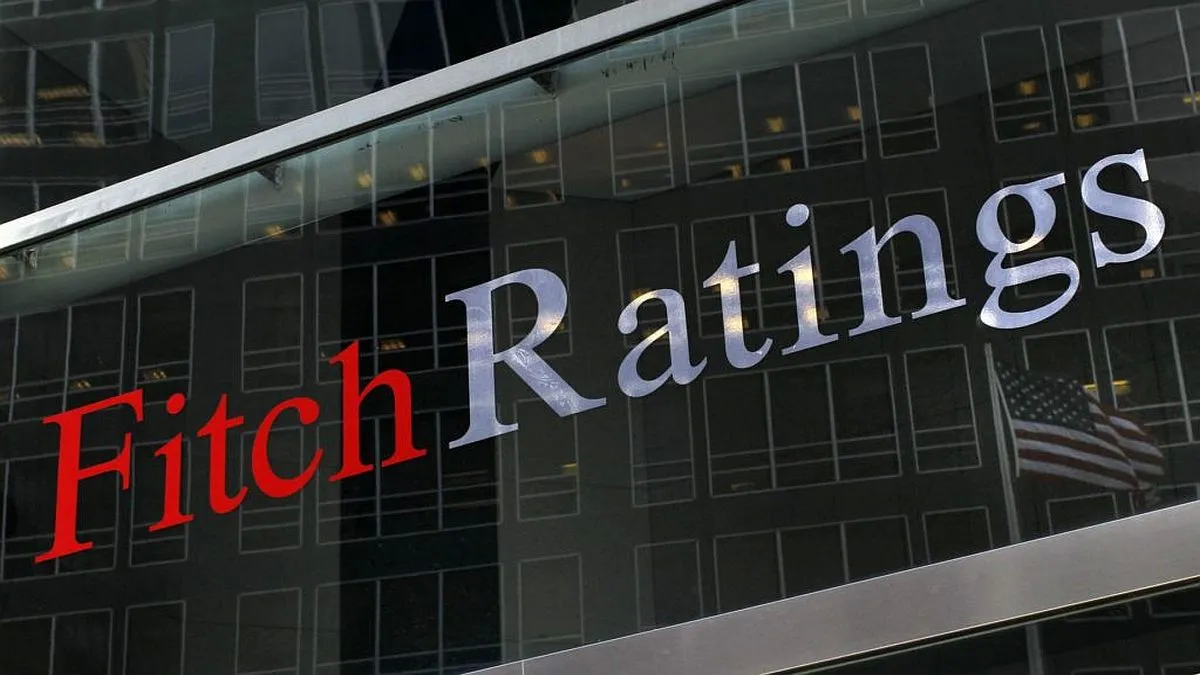The most demanding agency upgraded the country’s rating to BBB and became the fifth entity to do so in the last 18 months.
The rating agency fitch raised the credit note of Uruguay to BBB, with a stable outlook, after several years of keeping the country on the verge of removing its investment grade (BBB-). It is the third improvement by international financial organizations that the country has benefited from this year, and the fifth in the last 18 months.
The content you want to access is exclusive to subscribers.
The Uruguayan economy was once again recognized by one of the most recognized rating agencies in the world. This time, by fitch, who followed the example of Standard & Poor’s (S&P) and of Moody’s —as expected among authorities and economists—, and raised the country’s grade one degree above the minimum, thus reaching the highest rating granted by this entity since it began to measure the country, in 1995.


The agency’s report highlighted the resilience of the country’s fiscal performance in the aftermath of the Covid-19 pandemic, as well as the significant fiscal consolidation carried out by the government in recent years. According to Fitch, Uruguay managed to “strengthen fiscal credibility, increase resilience in the face of economic crises, and reduce the risk of a potential increase in the stock of public debt.”
Likewise, the social security reform voted in Parliament at the end of April —and its consequent impact on the sustainability of the country’s pension system— was pointed out by the credit rating agency of USA as a “strong demonstration of fiscal responsibility, in contrast to previous years where pension rules were made more flexible.”
Other elements highlighted by Fitch were the stable dynamics of the government’s debt —although they called attention to its sensitivity to exchange rate movements—; robust external finances and the actions of the Central Bank of Uruguay (BCU) in terms of monetary policy.
The last time the US rating agency had improved the rating was in March 2013, more than 10 years agowhen Uruguay recovered the investment grade (BBB-).
An expected improvement
The increase in the credit rating by Fitch was something expected, although the projections anticipated it after the law of Accountability next June. A few days ahead, the agency is the last of those considered the “big three credit rating agencies” to support the Uruguayan economy —S&P and Moody’s did so this year—; and also the last of the five rating agencies to improve its debt rating in the last 18 months (R&I in October and DBRS Morningstar in November).
In 2019, the historically most demanding entity was about to remove the investment grade from the country. And in December 2021, the outlook had improved from Negative to Stable. Now, it reaffirms the government’s fiscal commitment and follows the example of the other rating agencies.
Likewise, the better inflation expectations published by the BCU in mid-May also prompted the positive analyzes by the rating agencies, since after the Monetary Policy Report (IPoM) In the first quarter, both Fitch and Moody’s raised the country above the minimum investment grade —BBB (Stable) and Baa2 (Positive), respectively.
Source: Ambito




